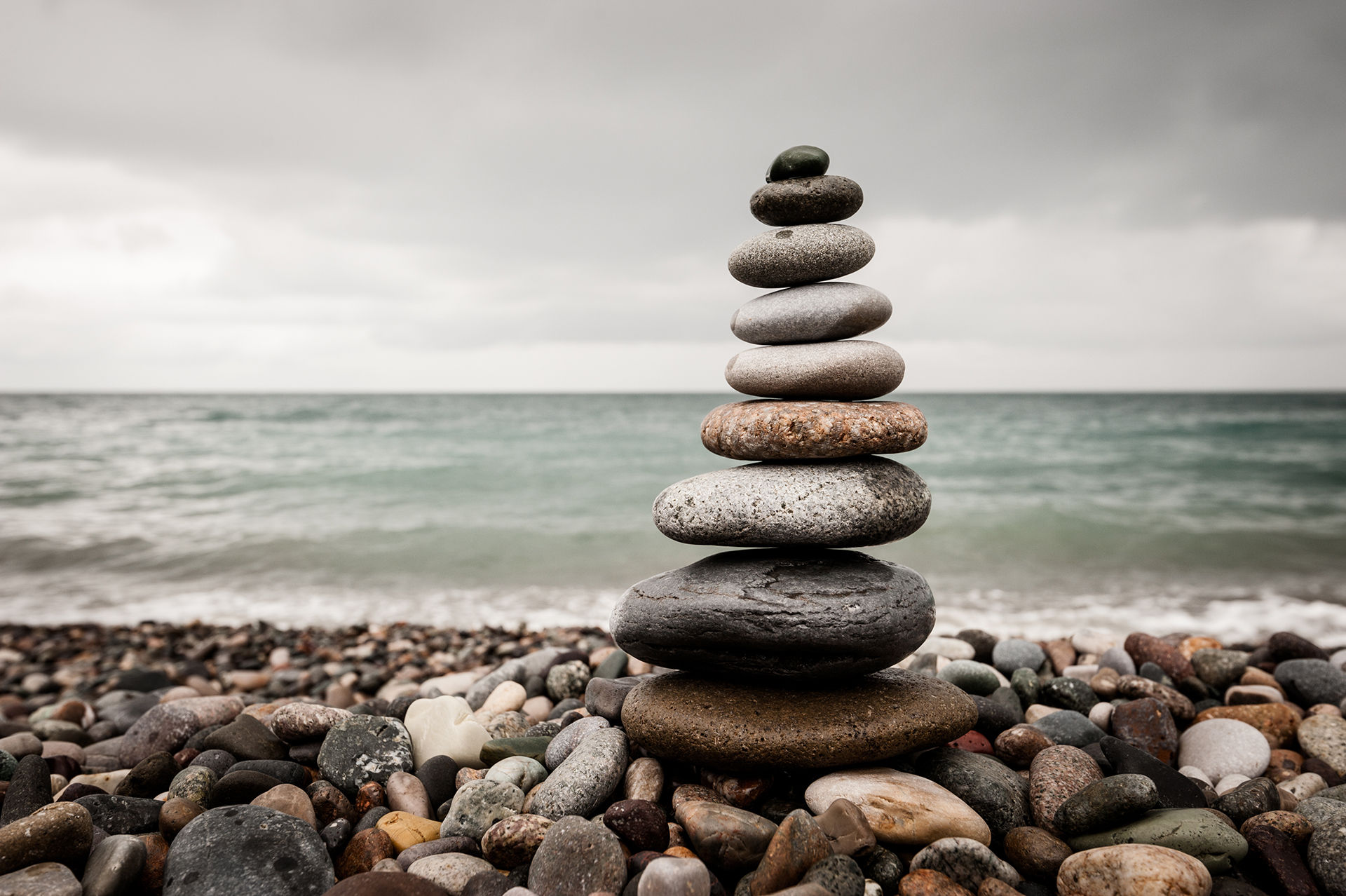Growing Up and Waking Up: Psychology and the Spiritual Life
- Anne Solomon
- Sep 25, 2025
- 4 min read
Updated: Jan 5

As a psychologist and a spiritual director, I often find myself reflecting on the relationship between our psychological and spiritual growth. One way I have come to understand this relationship is through the language of growing up and waking up: two movements that are distinct, yet deeply intertwined.
Growing up refers to the gradual unfolding of our psychological maturity. Waking up points to the realisation of our deeper spiritual nature. Both matter. And neither, on its own, is enough.
Growing Up: the work of becoming human
Growing up is about becoming a mature human being; learning to navigate relationships, emotions, and responsibilities with honesty and compassion. It involves the slow work of becoming more emotionally truthful, more relationally grounded, and more able to remain present to ourselves and others — especially when life becomes complex or painful. I explore this more fully in my reflections on emotional maturity and compassion in the spiritual life, where growing up is understood not as perfection, but as deepening capacity for relationship.
This is the slow work of integration: of allowing our emotional life, our history, and our wounds to be known and tended rather than bypassed or denied. It is easy, at times, to by-pass this work — reaching for the light of transcendence in order to avoid the shadow of our wounds. I recognise this in myself whenever I try to remain ‘spiritual’ while quietly avoiding anger, grief, fear, or shame. This movement, often described as spiritual bypassing, can feel comforting at first, but over time it leaves us ungrounded and disconnected, particularly when the unacknowledged shadow continues to shape our perceptions and relationships from below the surface.
Psychological maturity matters because it shapes how we see the world. As the integral theorist Ken Wilber suggests, we each interpret reality through developmental lenses that both reveal and limit our perception. If the spiritual life concerns how we see and respond to life as it meets us, then our seeing is inseparable from our stage of personal development.
In the Christian tradition, Jesus repeatedly exhorts his followers to open their eyes — to recognise their blindness, not merely in belief, but in perception and relationship.
Waking Up: the realisation of our deeper nature
Waking up refers to the realisation of who we are beneath our stories: the awakening to our deepest spiritual nature in God. It involves a shift in identity — from the small, defended ego to a recognition of what Paul Tillich called the Ground of our Being.
This is not about becoming something new, but about remembering what is already true: the open, aware presence that holds our lives from within. In Christian language, it is the realisation of the Imago Dei — the divine indwelling already present at the heart of our being.
As Catherine of Genoa cried out with startling simplicity: “My deepest me is God.”
This is the awakening to the truth that the God we seek is closer than breath — not distant or external, but intimately woven into our very life.
Why waking up alone is not enough
Yet without the grounding of psychological growth, awakening to our deepest nature does not automatically make us wise in how we live, love, or relate. Spiritual insight does not, by itself, heal emotional wounds, resolve attachment patterns, or cultivate relational maturity.
This is one of the quiet paradoxes of the spiritual life: a person may experience genuine spiritual awakening and yet remain emotionally reactive, defended, or blind in relationship. Without growing up, waking up can become disembodied — luminous perhaps, but unintegrated.
Weaving the two journeys together
The deeper invitation, then, is not to choose between growing up and waking up, but to weave them together.
Growing up brings tenderness to our humanity: compassion for our limits, responsibility for our impact on others, and humility about our unfinishedness. Waking up reminds us that our identity is larger than our wounds and struggles — that there is a deeper ground of freedom beneath the surface of our lives.
Together, they invite a way of being that is both deeply human and gently transcendent.
As I continue walking this path — both personally and alongside those I am privileged to accompany — I find that the real work is less about arriving somewhere, and more about allowing both movements to deepen together. Healing the tender places that call for care and understanding, while also learning to rest in a deeper awareness that is already free. This weaving of psychological growth and spiritual awakening lies at the heart of what I now describe as Depth Spiritual Direction, where both soul and psyche are honoured as essential to the journey.
An ancient understanding, newly named
This integration of psychological and spiritual growth was well understood by spiritual directors long before psychology emerged as a distinct discipline. Their writings reveal a profound attentiveness to inner dynamics — to the interplay between desire, fear, grace, resistance, and transformation.
They understood that psycho-spiritual dynamics are not peripheral to the spiritual life, but central to it. They practised an ancient art of interior navigation, recognising that spiritual guidance must honour the whole person — psyche and soul together.
In this sense, the language of growing up and waking up may be modern, but the wisdom it points toward is anything but new.








































